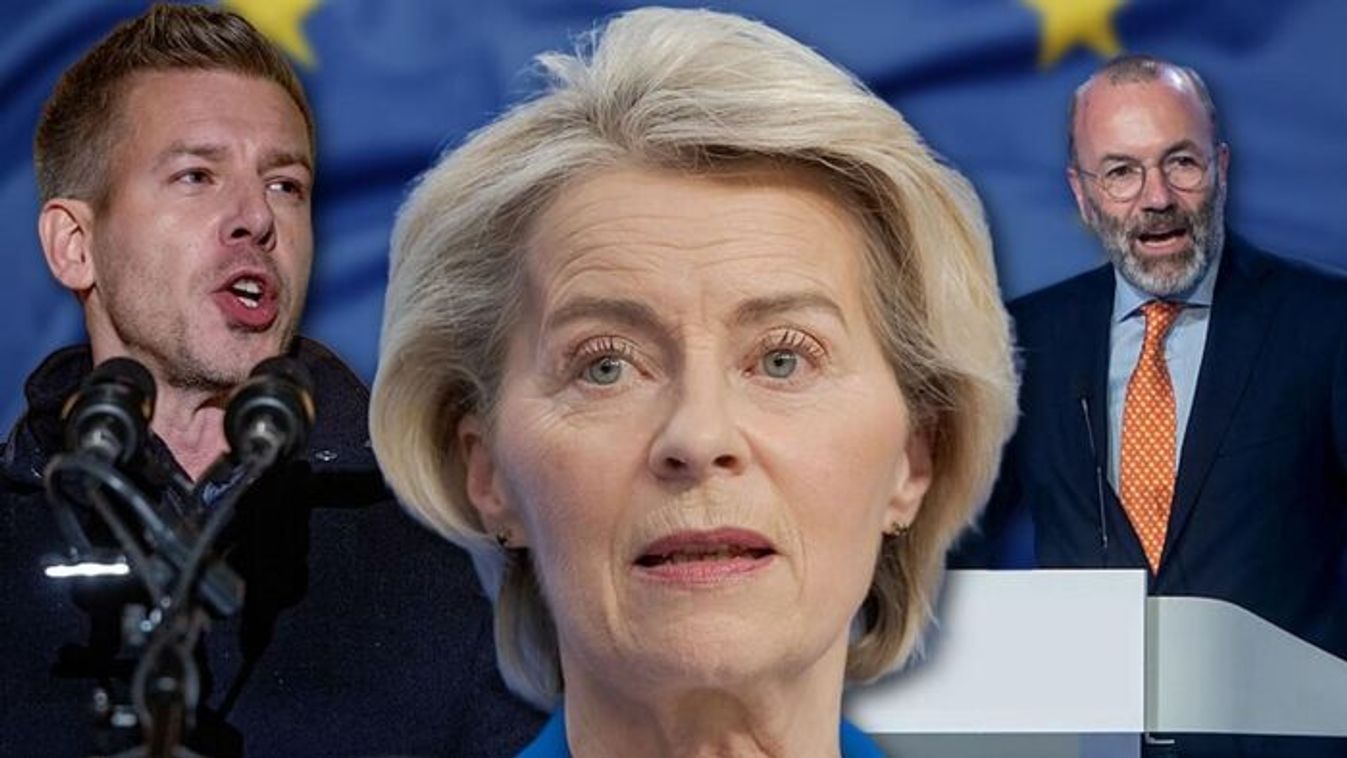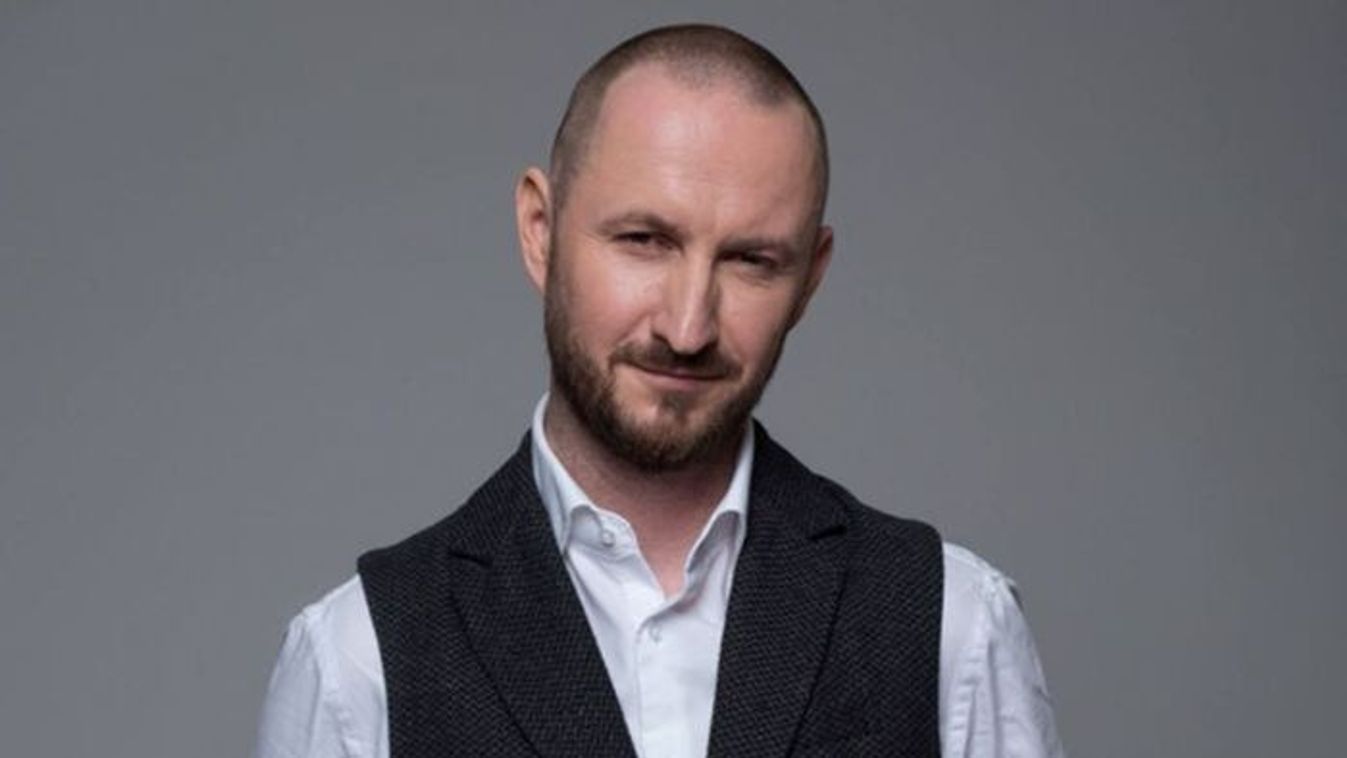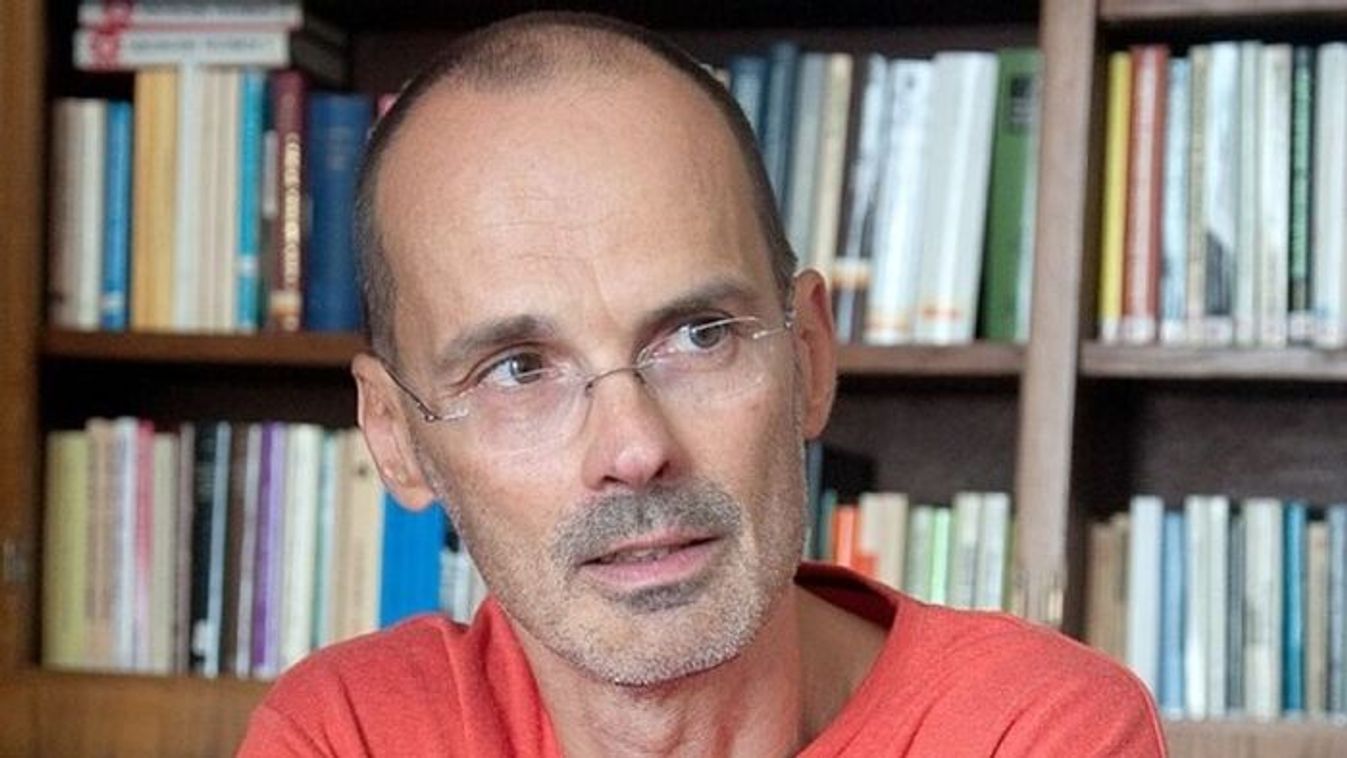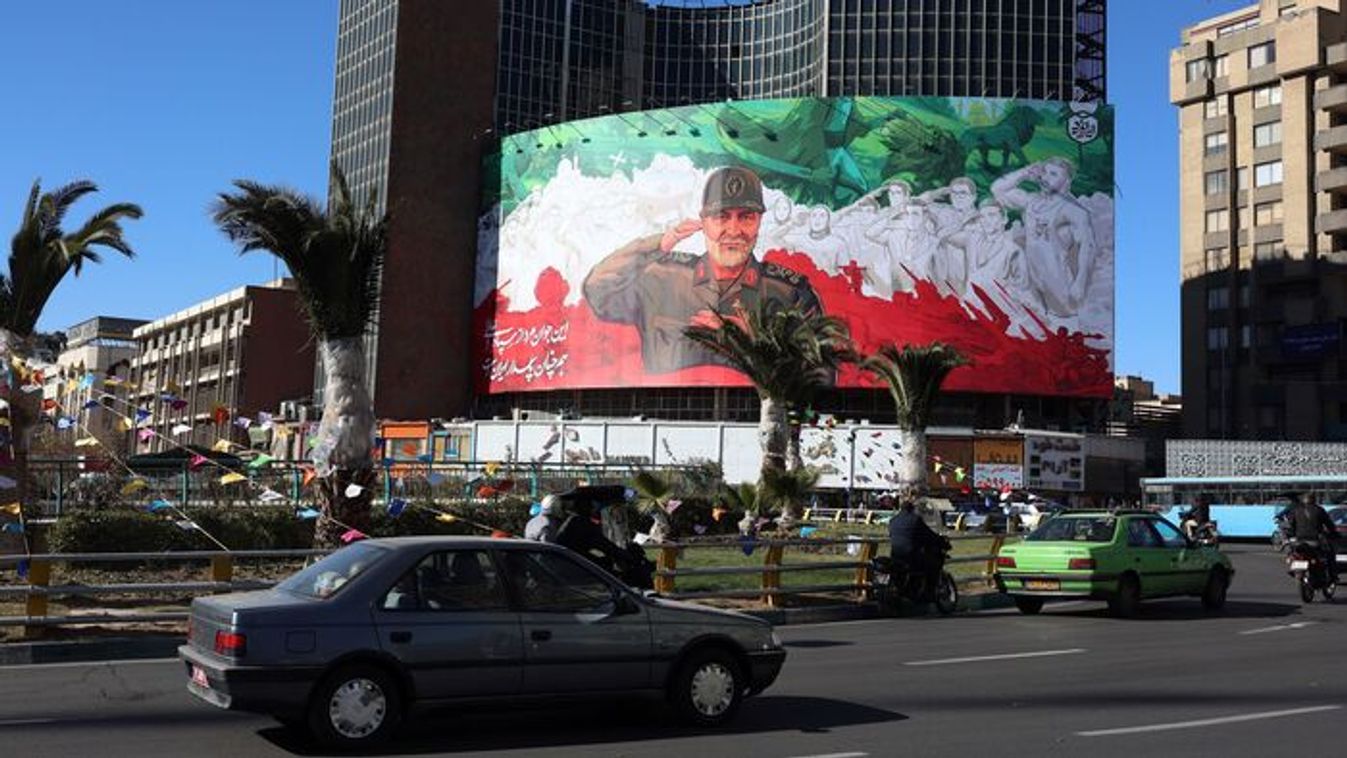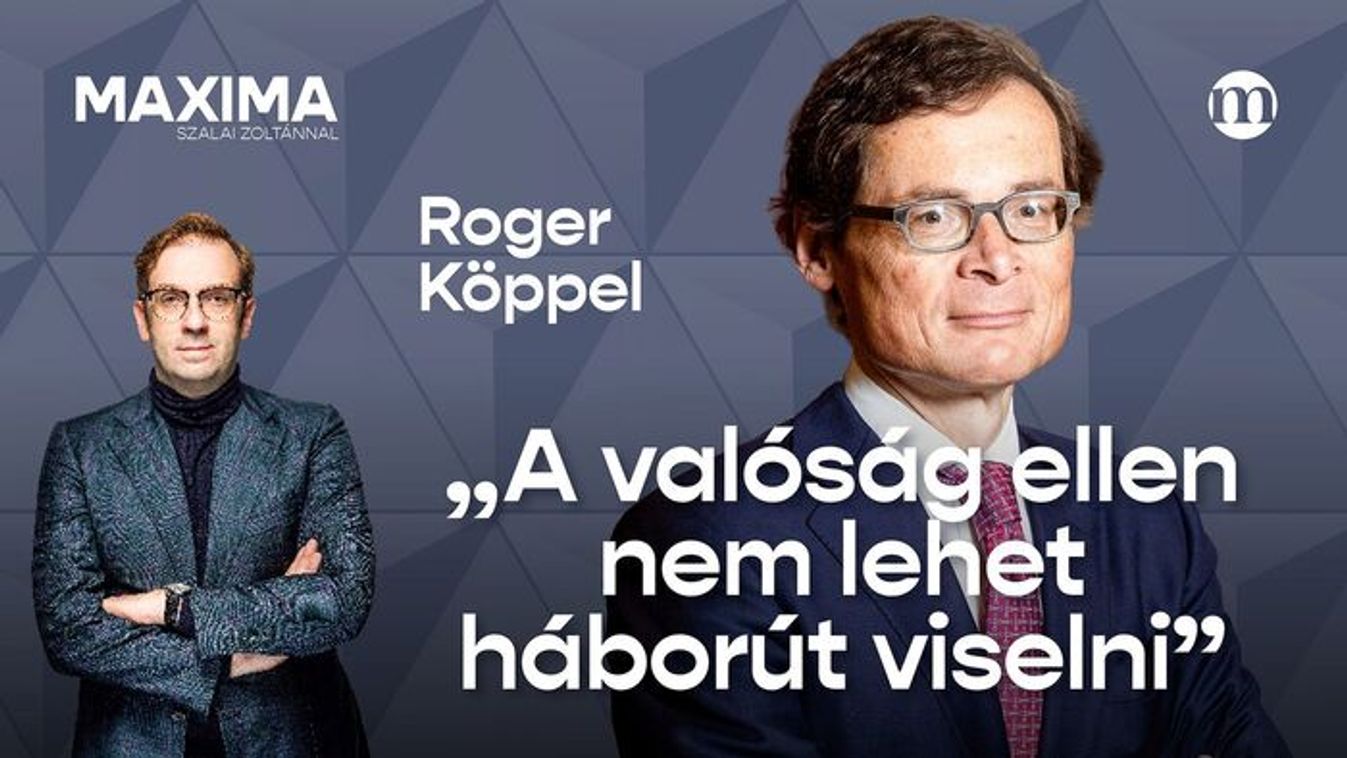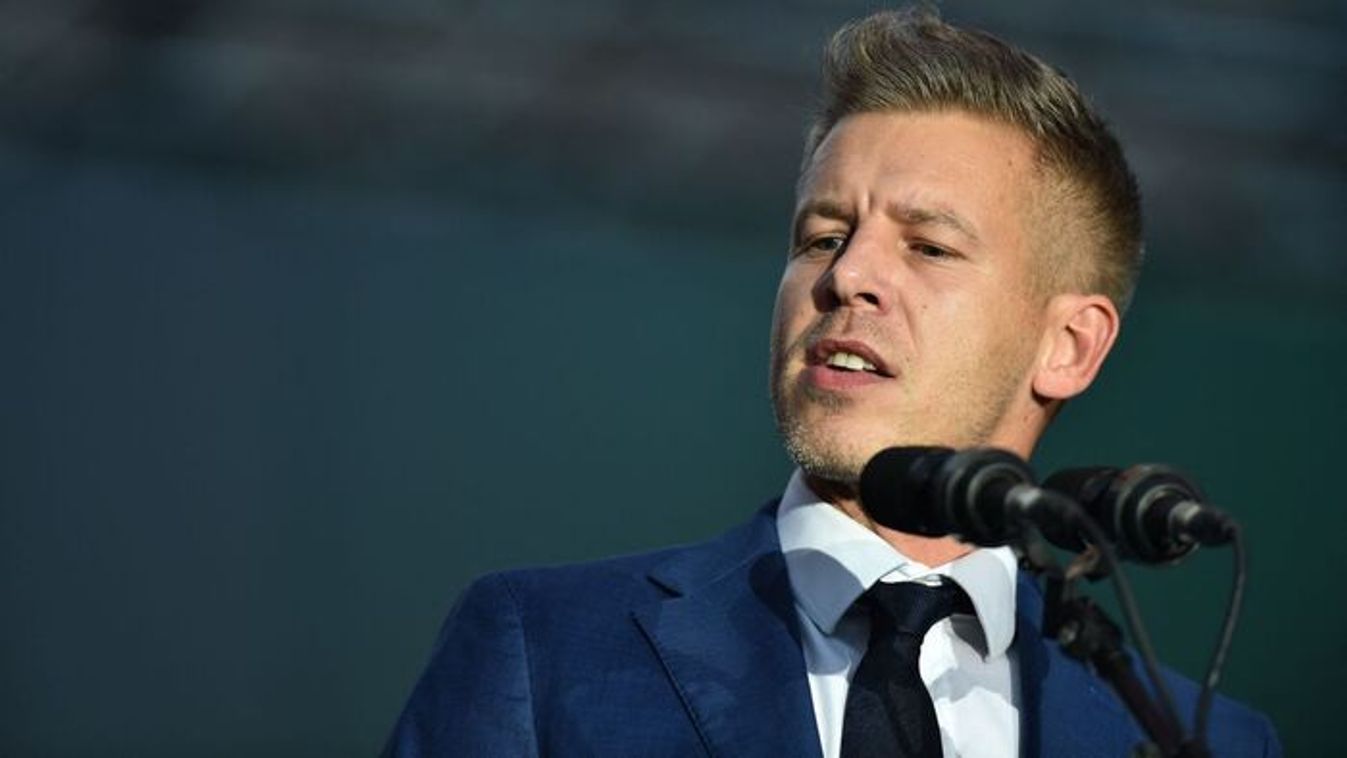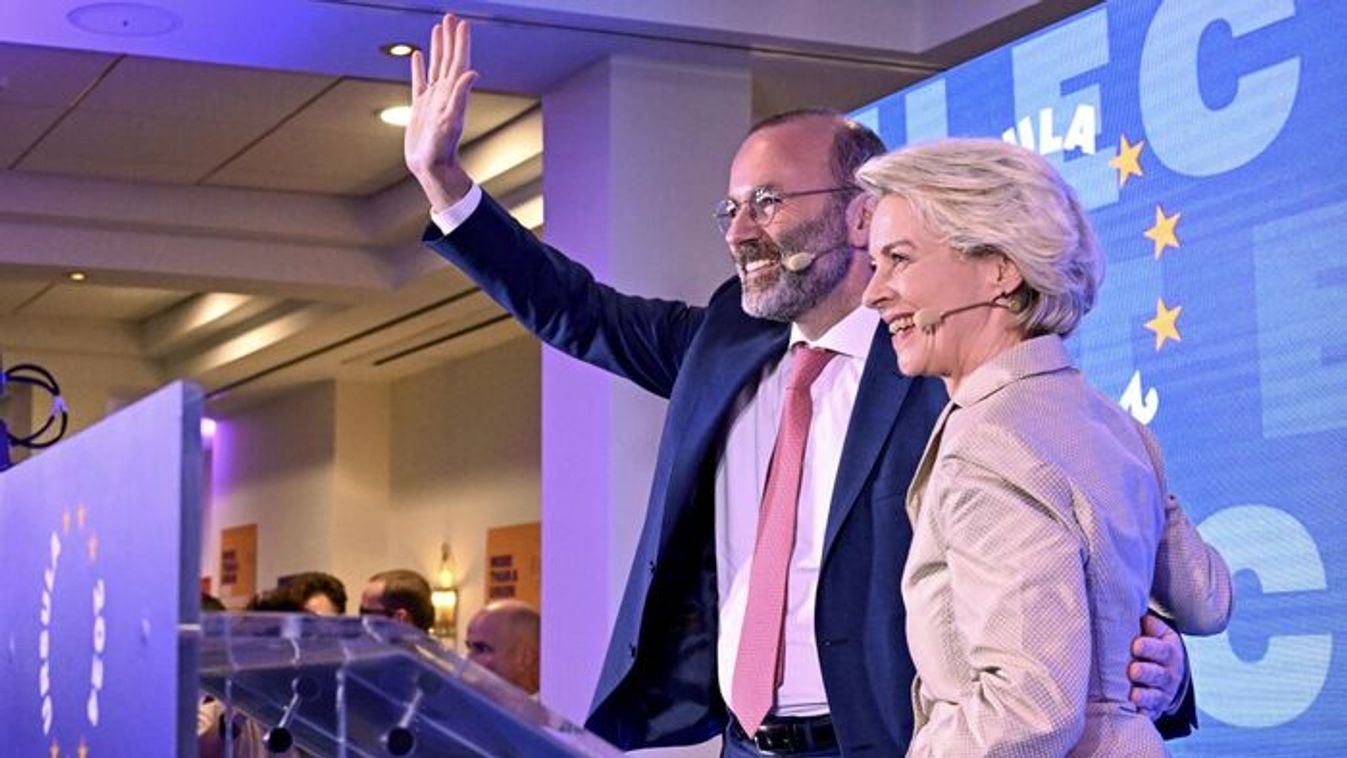„For the last few years something has been increasingly rotten in the kingdom of Morocco. Advances for press freedom made in the 90s have been reversed. A political transition that had been made possible in the late 90s by a historic reconciliation between the opposition and the palace has stalled. A fragile economy has been hampered by a predatory royal holding that creates monopolies for itself. More and more Moroccans want something akin to what they see in Britain or Spain: a constitutional monarchy where the king is head of state but does not interfere in government. Like the protests elsewhere in the region, the peaceful demonstrations that have taken place in eight cities are about dignity. Moroccans, like other Arabs, are tired of being subjects: they want to be citizens.
They would also like solidarity from the outside world, and to be seen as more than an exotic tourist destination. Outside the palm groves of Marrakech is a university where students are frequently beaten up by police; not far from Tangier's glitzy casbah are young Moroccans who have to bribe their way to a menial job. Their voices deserve to be heard, and concentrating all power in the hands of one man – even one as popular as King Mohammed VI – is no model for 21st-century governance.
In both Libya and Morocco, citizens are speaking their mind. It is not surprising that Libyans are angry, nor that they are being violently suppressed: they represent the death knell for Gaddafi's grotesque regime. And it is not surprising that Moroccans, despite police intimidation and incitement by some pro-regime media, have broken their wall of fear and asked for the regime's promises of reforms to be implemented. No matter how different their situations, they ask for the same thing: dignity and the world's recognition of shared humanity. Libyans are not condemned to be ruled by Gaddafis for eternity; Moroccans do not have to settle for an absolute monarchy, no matter how enlightened. Encouraged by their neighbours' example, they have higher expectations for their future, and so should you.”



